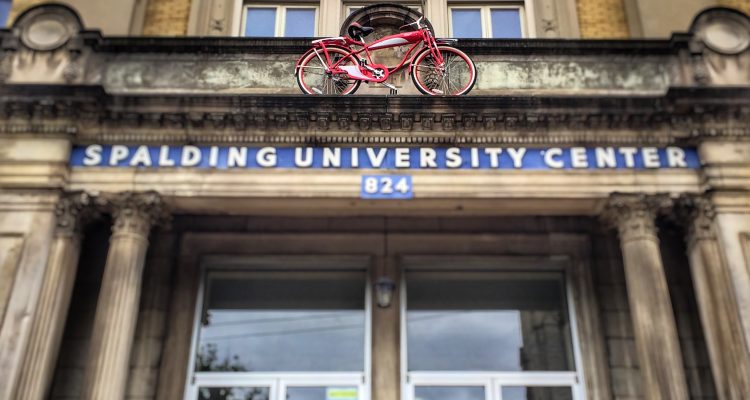It is about a change in the mindset of local government that alters the citizen experience because people are treated more like people.
Wheeling Mayor Glenn Elliott joined a number of Wheeling area residents this past weekend to the Festival of Faiths Conference in Louisville, Ky., in an effort to learn how becoming a “compassionate city” has improved the quality of life in Kentucky’s largest city.
“What I learned is that Louisville became a compassionate city in 2011, and what that means is that the city became a place that adopted a mindset that looks at the citizen’s user experience and strives to increase the level of citywide empathy,” the mayor explained. “It is a way to make sure your city works for everybody and to make sure those services work for everyone, including the people on the low end of the economic spectrum.
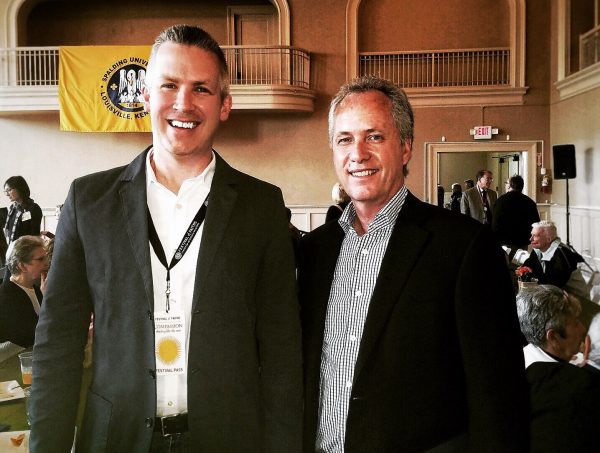
“It’s about being more deliberate in thinking about what a city should provide to its citizens,” he said. “It’s a good way to look at how the city impacts the lives of the residents and ensures greater opportunities for all.”
Elliott was invited by the Hogan family, and the weekend included several different seminars that concentrated on how municipal services can be delivered in a different from the way they are today.
“It is a philosophy they have embraced in Louisville and in close to 100 other American cities, and I also had the chance to meet with Greg Fischer, the mayor of Louisville, while I was there as well,” Elliott said. “We had a really great conversation about the changes that were made as Louisville adopted that mindset. He was the individual who led that charge, and, for me, it was an opportunity to see how the policies were implemented and the differences that those policies have made for the citizens of that city.
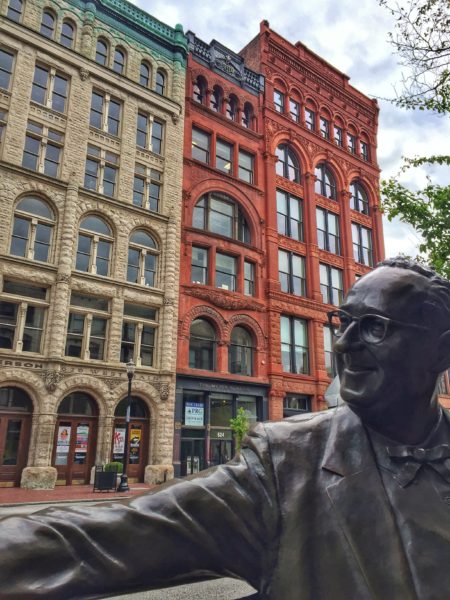
“It was a very educational trip, and a lot of what I learned made a lot of sense,” he explained. “I think everyone from this area that attended returned home with a lot of ideas how such a mindset could work here in Wheeling.”
Along with the mayor, Susan Hagan, co-chair of the city’s ad-hoc committee on Workforce Housing, and several representatives of Wheeling Country Day School, were in attendance.
“Basically, it involves looking at the city and its policies, and what those policies do for the user experience and for the daily lives of those who live in our city,” Elliott said. “It allows you to look at how services are offered in an effort to provided improved outcomes. A compassionate city is a city that looks at how a resident is treated as a customer instead of someone who is there just to complain about something.

“It’s about respect and dignity no matter who that individual is, and it’s a way to look at the city services and making sure that those services work best for the people who are receiving them instead of just trying to be effective,” he said. “In Louisville, they found out that they were spending more and more public resources incarcerating people from the same troubled neighborhoods. They looked at the school system and found that too many children were entering kindergarten years behind their peers coming from families of means. They directed more resources towards pre-K programs designed to level the playing field for all children. This was not only the compassionate approach; it’s also a far more efficient use of public resources.”
Elliott explained one example in the Wheeling area could involve the panhandlers that can be seen at a few different locations in the Friendly City. Many citizens have filed complaints with local elected officials although the United States Supreme Court has upheld the activity as freedom of speech.
“We so have had a lot of people complain about the panhandling that takes place around the city of Wheeling, and some people want to figure out how to limit that activity,” the mayor said. “But in a compassionate city, they would look at the cause or the reason why those folks are on the side of the roads holding those signs in the first place and then do something to change that cause.
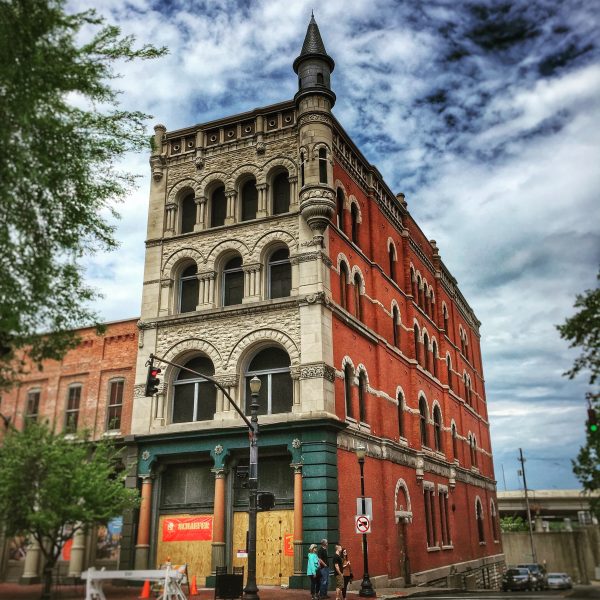
“A compassionate city is one that looks at the uncomfortable facts and doesn’t deny them but instead embraces them,” he explained. “It’s about trying to make those positive changes instead of pushing those problems to the side and ignoring them.”
Elliott also had to the opportunity to sit down with Louisville’s mayor so Fischer could expound on the impact the new mindset has had on the citizens of Louisville.
“And Mayor Fisher made a great point that it is very easy to be cynical, and it’s very easy to sit on your couch and yell about the things that are wrong. But it’s very difficult to look at an issue like homelessness and decide that you are going to do something about it,” he said. “And it’s very difficult to make those efforts while respecting the dignity of those involved. ‘Compassionate” may sound like a soft term, but it’s hard to look at those unpleasant realities in the eye in an effort to do something very positive about those issue.
“And the drug issue across our country is a topic that comes up very often, and most of the time people look at those issue as something that should be taken care of by law enforcement,” he said. “But a more compassionate approach may be to look at the reasons why these people have turned to those drugs in the first place. Law enforcement is necessary, yes, to address the supply side of that issue, but the other side is to look at the demand and why that demand is there in the first place.”
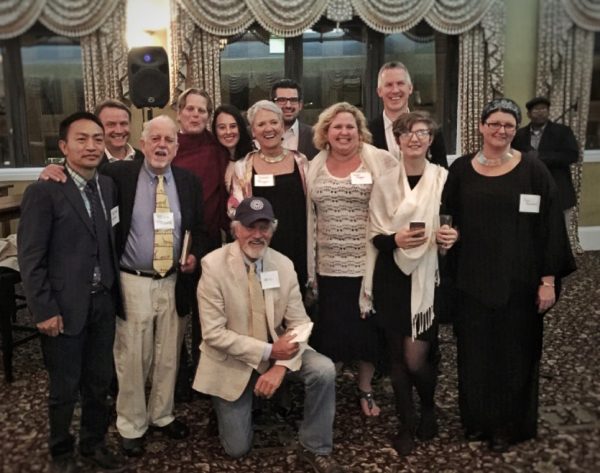
“Compassionate cities” exist in a plethora of states and in many countries, as well. Along with Louisville and Lyndon, Ky., Dayton and Cincinnati, Ohio, and Dallas and Atlanta have implemented similar policies.
But in Wheeling? Elliott confirmed it is not something anyone should expect to take place in the near future.
“It is absolutely something I will be looking at for the city of Wheeling, but it’s also something that is going to take some time,” he explained. “It will take some time to educate a lot of people as far as what compassionate means in the context of a city and how it would alter the way we go about our services. I would like to hear what many others think about it and how Wheeling could become a compassionate city.
“I believe we have a great civic spirit here in Wheeling, and we have a lot of people who are willing to volunteer, and we are a very generous city in terms of our charitable giving,” he continued. “But are we ready to declare ourselves a compassionate city tomorrow? Probably not, and that’s because it is going to take some time to think about how we could fit into that mindset and how we could improve how we go about serving our citizens.”
(Photos provided by Wheeling Mayor Glenn Elliott)


